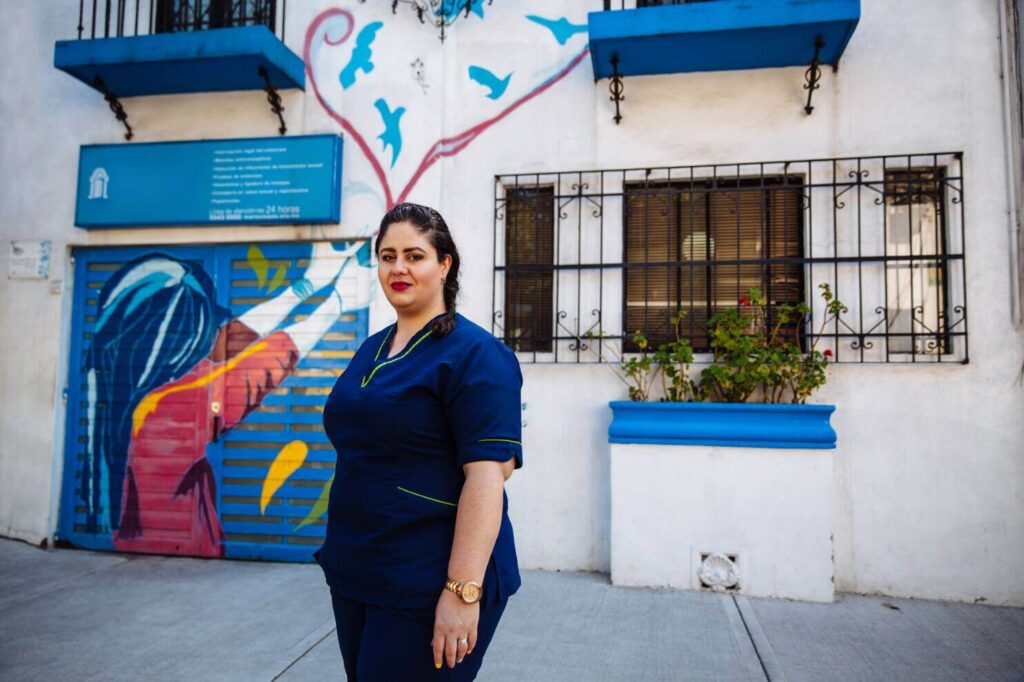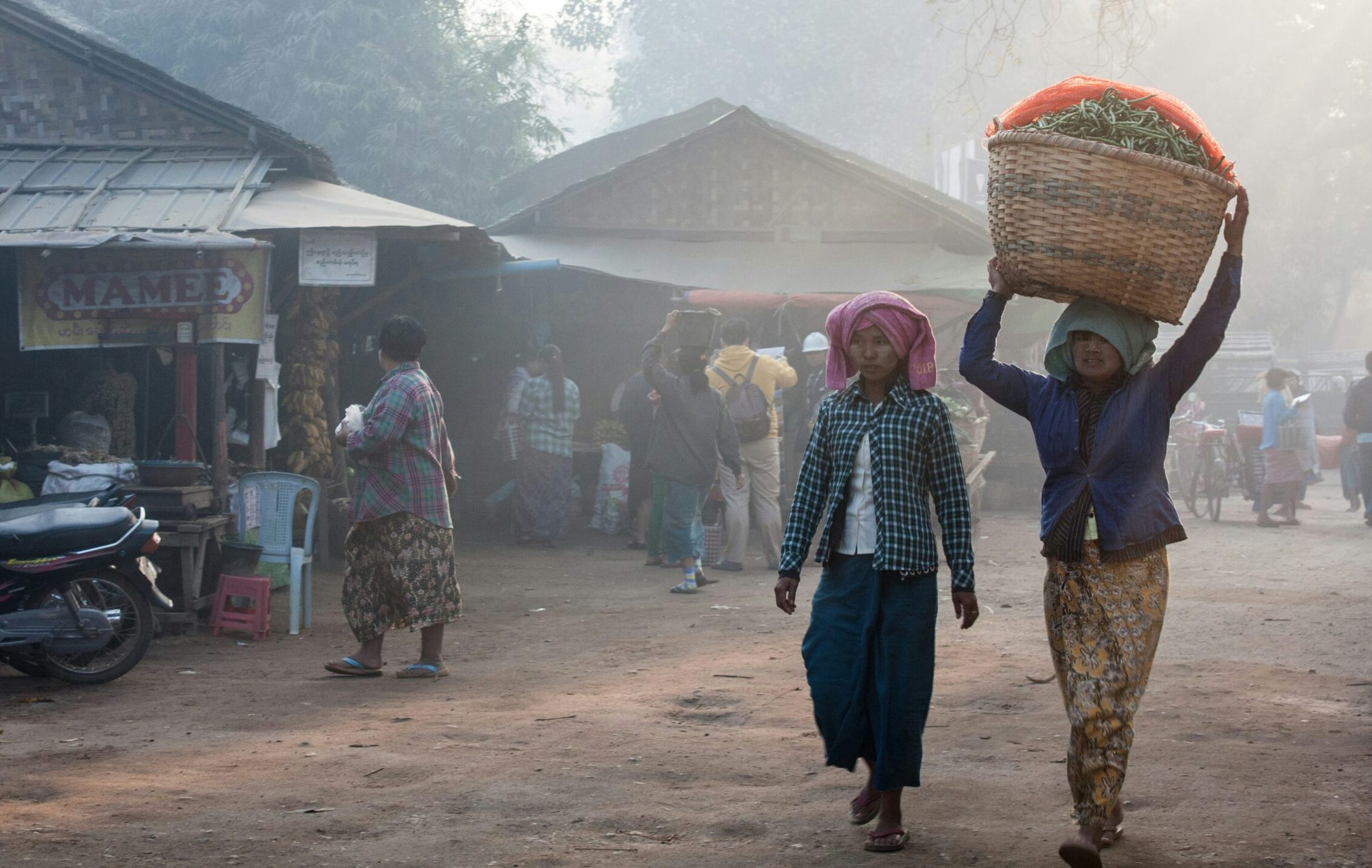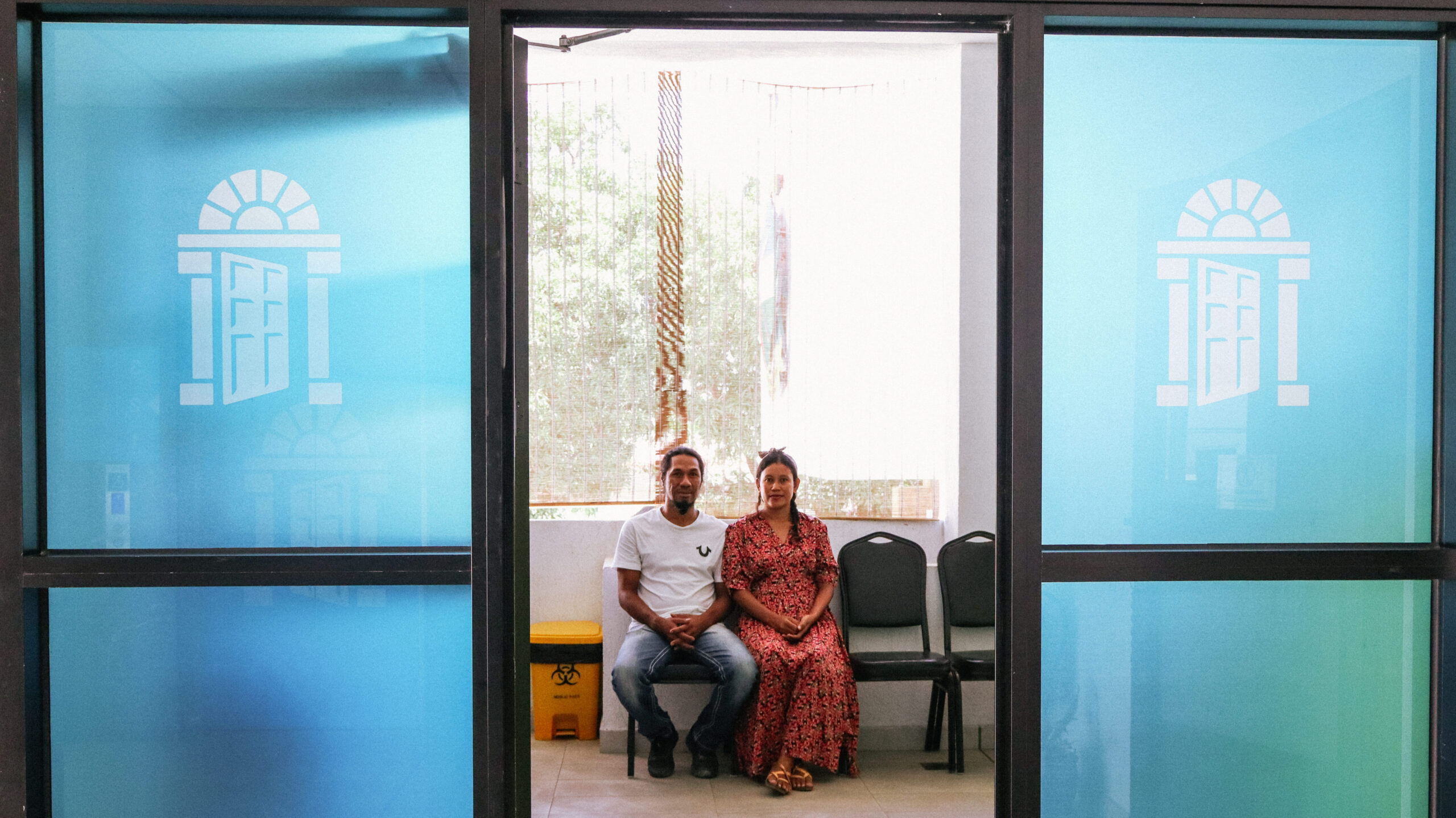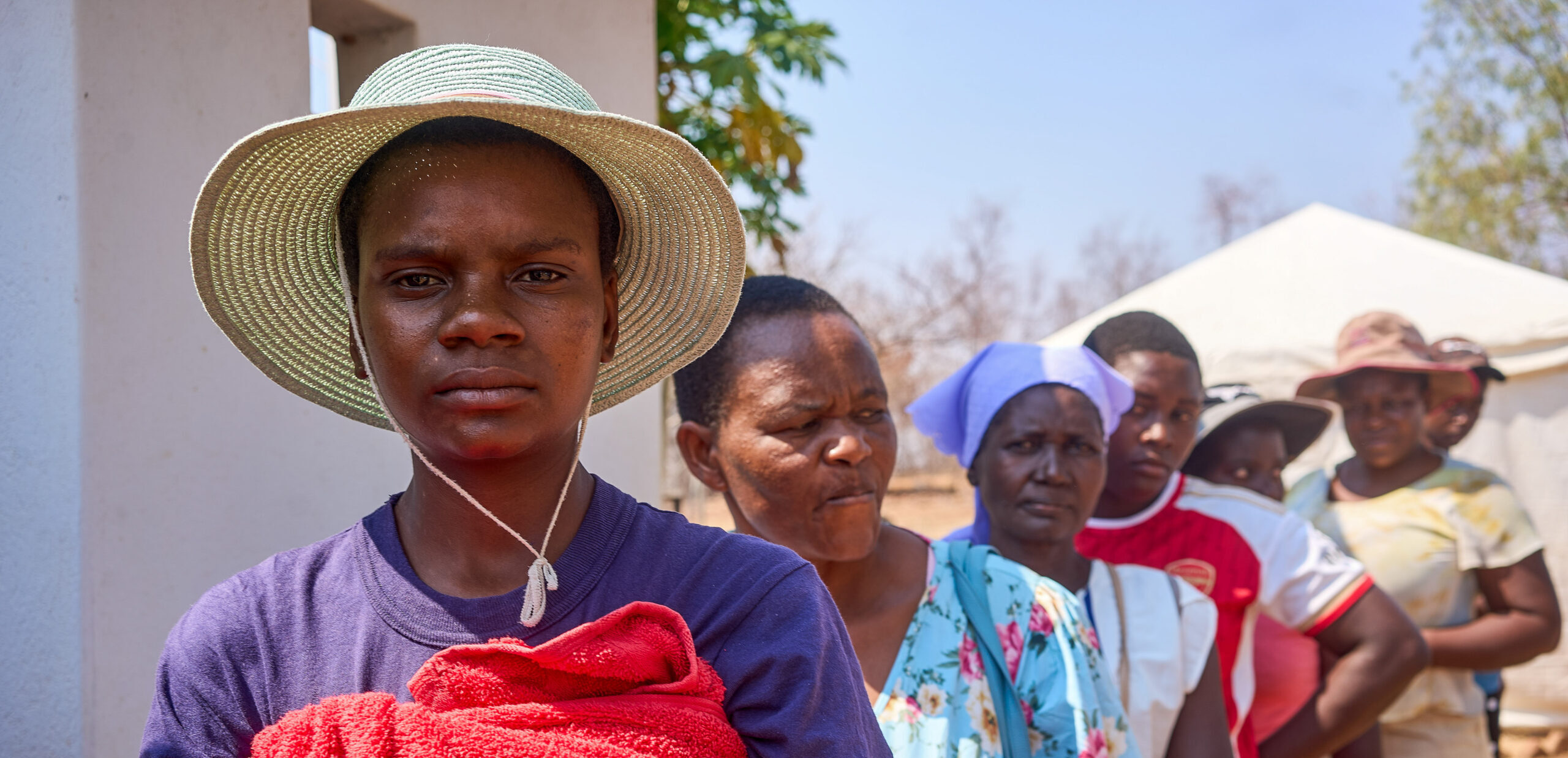We believe in every woman’s right to determine her own future and make choices about her body and her life. Whether that means using contraception to prevent an unintended pregnancy or choosing to end a pregnancy through a safe abortion – the choice is hers.
Through our #SmashAbortionStigma campaign, we have spoken to women about their abortion experiences. Every story is unique. Every woman special. Every situation different.
But in all the stories, one thing was clear: the heroic role played by the healthcare providers performing this crucial, sometimes lifesaving procedure.
It can be a tough job providing reproductive care – abortion in particular – fighting against immense stigma and pressure to provide healthcare to all who need it. But our courageous team members work hard to ensure women have access to choice and safe care. Despite many challenges, they come to work every day because they know the important role they play for the women they serve.
We are thankful to the many nurses, doctors, midwives, clinic directors and counsellors who help women access safe and compassionate abortion care. We are proud to stand behind them every step of the way.
“When the MSI UK nurse picked up the phone on the other end, it felt like I’d fallen onto a blanket of feathers. She was so patient with me and gave me time to speak and listened to me. It felt like she understood me, I felt like a person.”
Katriana, UK
I chose this job because it gives me the opportunity to help my fellow women.
Meenakshi, India
I chose this job because it gives me the opportunity to help my fellow women. I believe that we as women should have the freedom to live our lives as well.
Until 2015, I didn’t know much about women’s reproductive rights. Here in Rajasthan, people don’t talk openly about sex or family planning; it’s taboo, hidden within the family. Abortion is absolutely never talked about in public. After I learned about our rights and family planning options, I knew that I wanted to tell other women about it. I want to be open and transparent about these issues so women can feel educated.
I remember one woman who confided in me, telling me about a friend who was pregnant out of wedlock. It turns out this friend was herself – and she was terrified. I was worried that in her distress she might commit suicide. I was able to counsel her and told her about our services, and that here we won’t judge her. In the end she was able to get an abortion, and she was very thankful. Afterwards, she hugged me and told me:
“you have given me the gift of being able to live freely”.
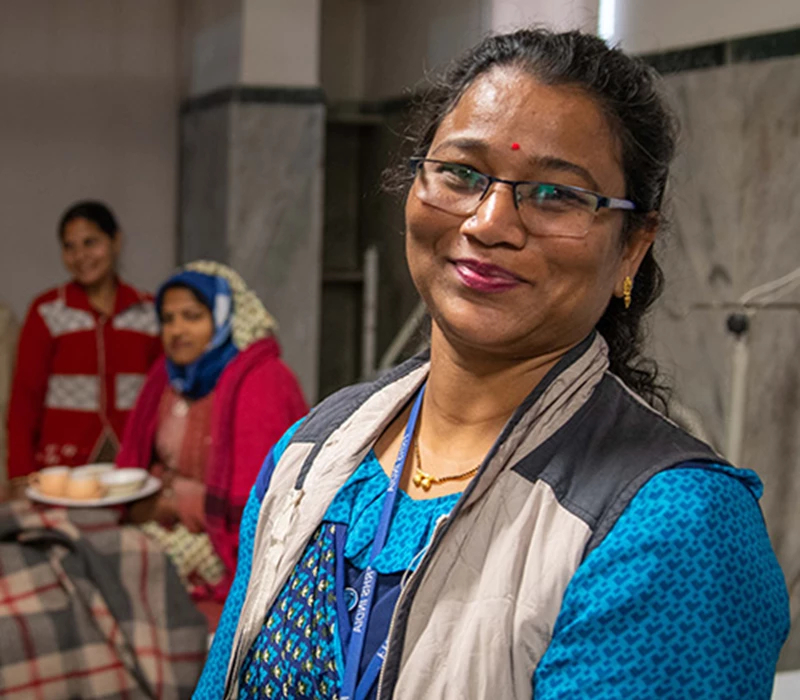
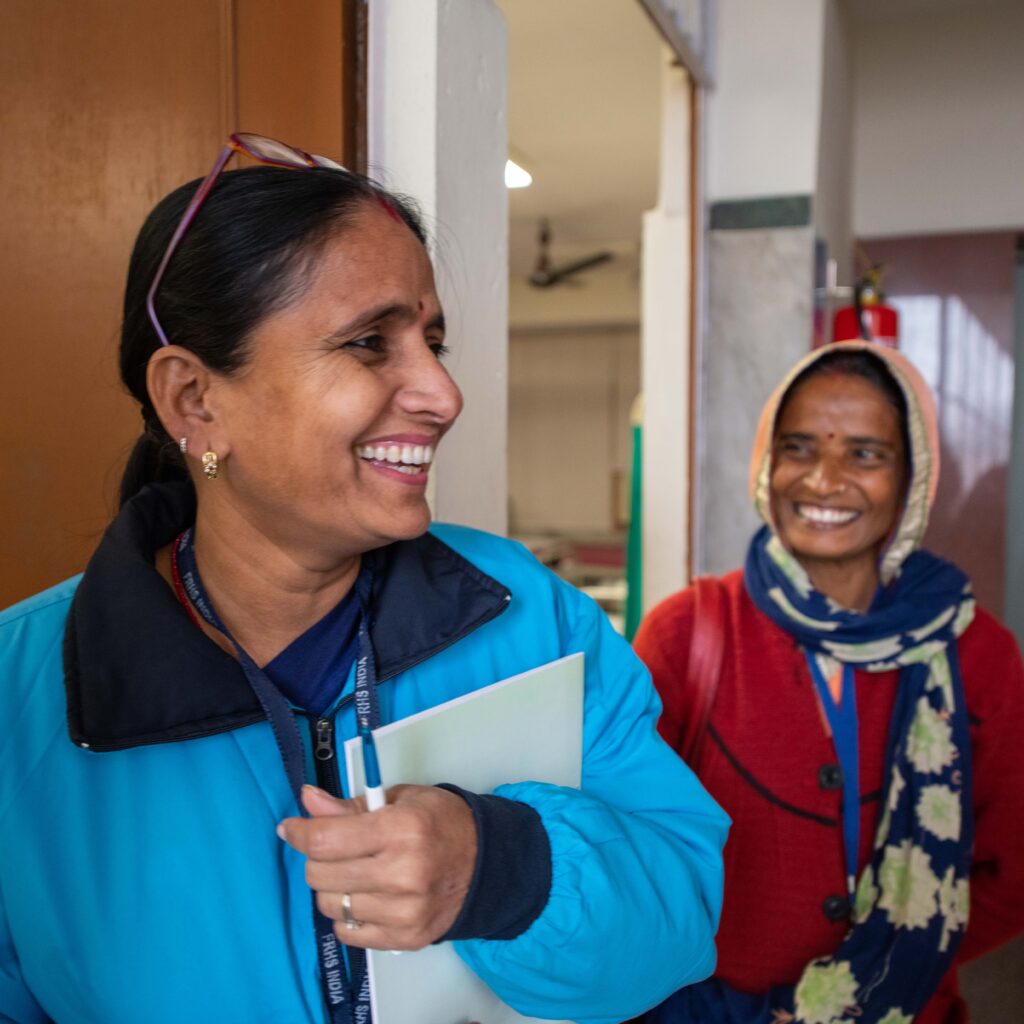
As long as I am able, I will continue to educate women on these issues.
Sajjan, India
I joined FRHS India (MSI’s affiliate in India) because I wanted to educate other women about their reproductive rights, including abortion.
In Rajasthan, in my experience, most women believe that abortion is a sin. It’s not talked about. Even in my house, despite being the sole breadwinner in my family, my husband does not approve of my work. He thinks I’m committing sin on a daily basis. But I’ve decided to leave my home problems at home – they only dawn on me at the end of the day when I’m on the bus going back. When I am at work, I am focused. I love my work – it’s serious but joyful.
In the past ten years, I have seen more awareness about family planning and women’s reproductive rights. Abortion is still taboo, but the perception is changing. As long as I am able, I will continue to educate women on these issues.
“I had the abortion this morning. My mother-in-law came with me here, and the [community health worker] escorted us. They have been supporting me all day.”
Abortion client India
I know I’m doing the right thing and that this job is saving lives.
Toch, Cambodia
I love what I do. I have been working at MSI Cambodia as a Senior Midwife since 2008. I chose to become a midwife because women need them. My job allows me to help other women understand more about their reproductive health.
My parents are supportive of what I do, as they know it is saving lives. But my grandparents completely disagree with what I do, so I haven’t told them yet. Cambodian society judges and blames people who have abortions, and they think very negatively about this profession. I know I’m doing the right thing and that this job is saving lives. But sometimes it is hard.
People are still too shy to talk about abortion because it’s seen as a shameful subject. But when women are too shy to talk openly about their health, it can have serious consequences. When we can talk about it openly and women feel educated about their reproductive health they can find a safe place to have an abortion.
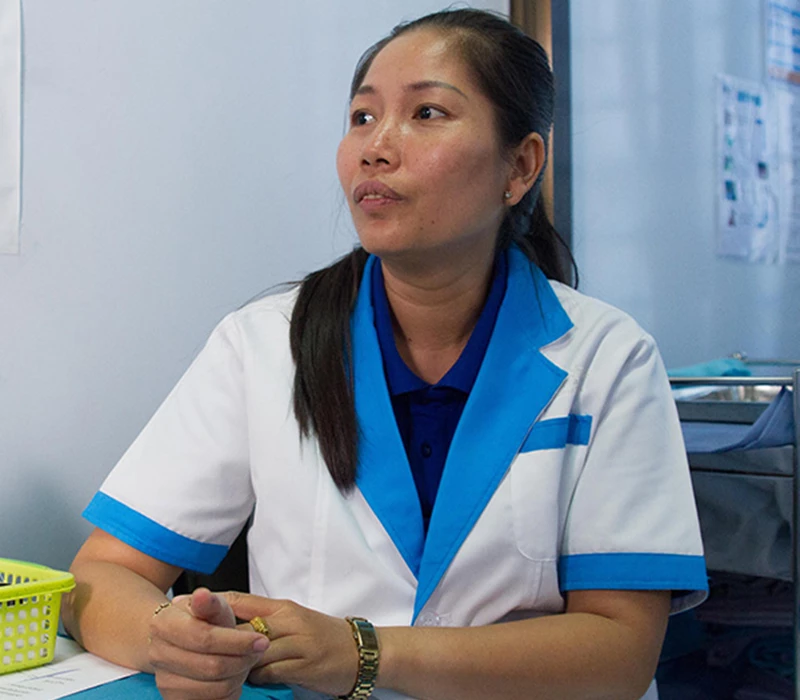
“I had a very good experience with MSI Cambodia. There would be problems if there was no access to safe abortion services like those provided by Marie Stopes. Women need to have access to safe abortion.”
Sroun, Cambodia
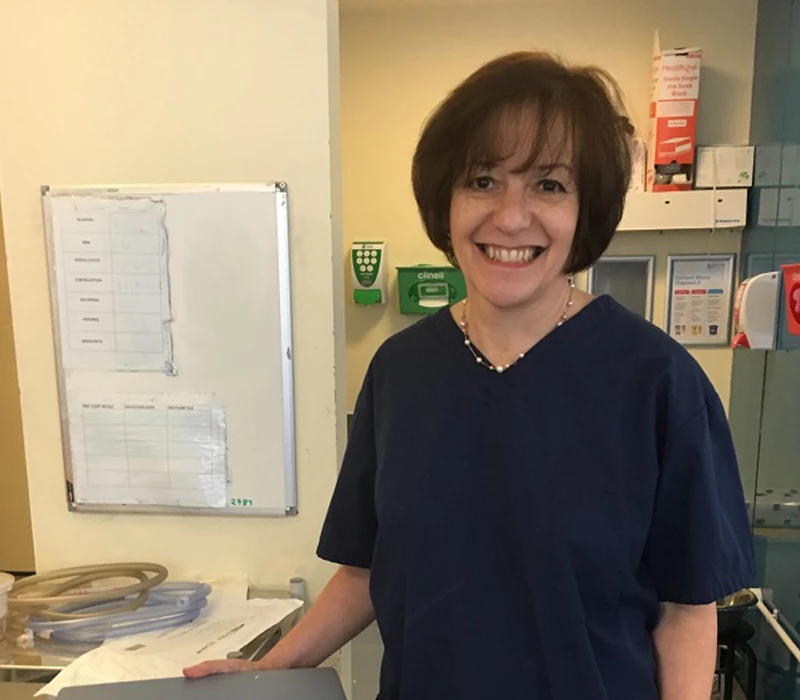
Once you get into abortion work, everything else pales into insignificance.
Caroline, UK
As the Clinical Director of MSI UK, I have seen many women and each story is different. There is no one type of woman who experiences an unwanted pregnancy. We see everyone, from victims of rape and abuse, to women who know there’s a foetal abnormality. Some are very well educated, others are illiterate, some are Muslim, others are Catholic, some are young, others are in their 40s.
I began my career in the field of sexual health. I remember working alongside an incredibly passionate doctor who introduced me to women coming in for an abortion and I started to really see the need for it. My father was a surgeon at the time but had never discussed abortion with me until the day I told him I was thinking of doing it for my job. Then he looked me in the eye and said it was one of the best decisions I would ever make.
Everyone who works in abortion clinic has a real passion for it and the main reason is because we know it makes such a difference to each woman we see. Once you get into abortion work, everything else pales into insignificance.
“The day of the medical abortion I was scared which is normal but the lady at the clinic made me feel so so safe and I’ll forever feel grateful for that… Having the abortion was the right decision for me and I’m so grateful that we have resources like MSI to guide us through this path.”
Rhea, Uk
Every day is an achievement; the fact that a woman has been able to make her choice.
Susana, Mexico
I’ve been working at MSI for a few years now. I come from a school of nuns for ‘pure’ women where the situation was very strict, and everything was a sin, and everything was wrong. I always went against some of those ideals and I generated my own ideas. And I decided to go into reproductive healthcare.
No day is ever the same. Each woman has a story, and that story is reflected in a different attitude and a different situation. Our challenge is to help women make their decision, by removing the stigma and the taboo.
When a woman or a girl trusts us and comes to us for a safe abortion, we are saving a life. I believe that every day is an achievement; the fact that a woman has been able to make her choice.
